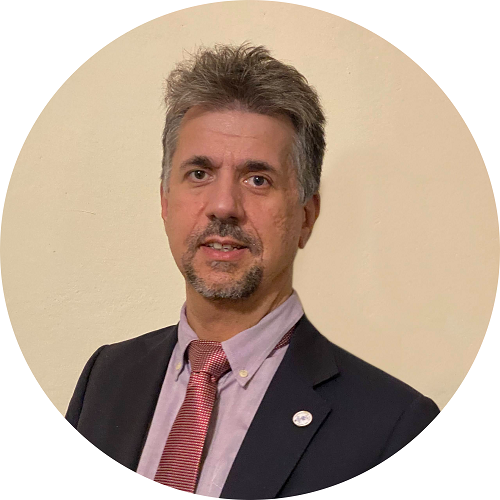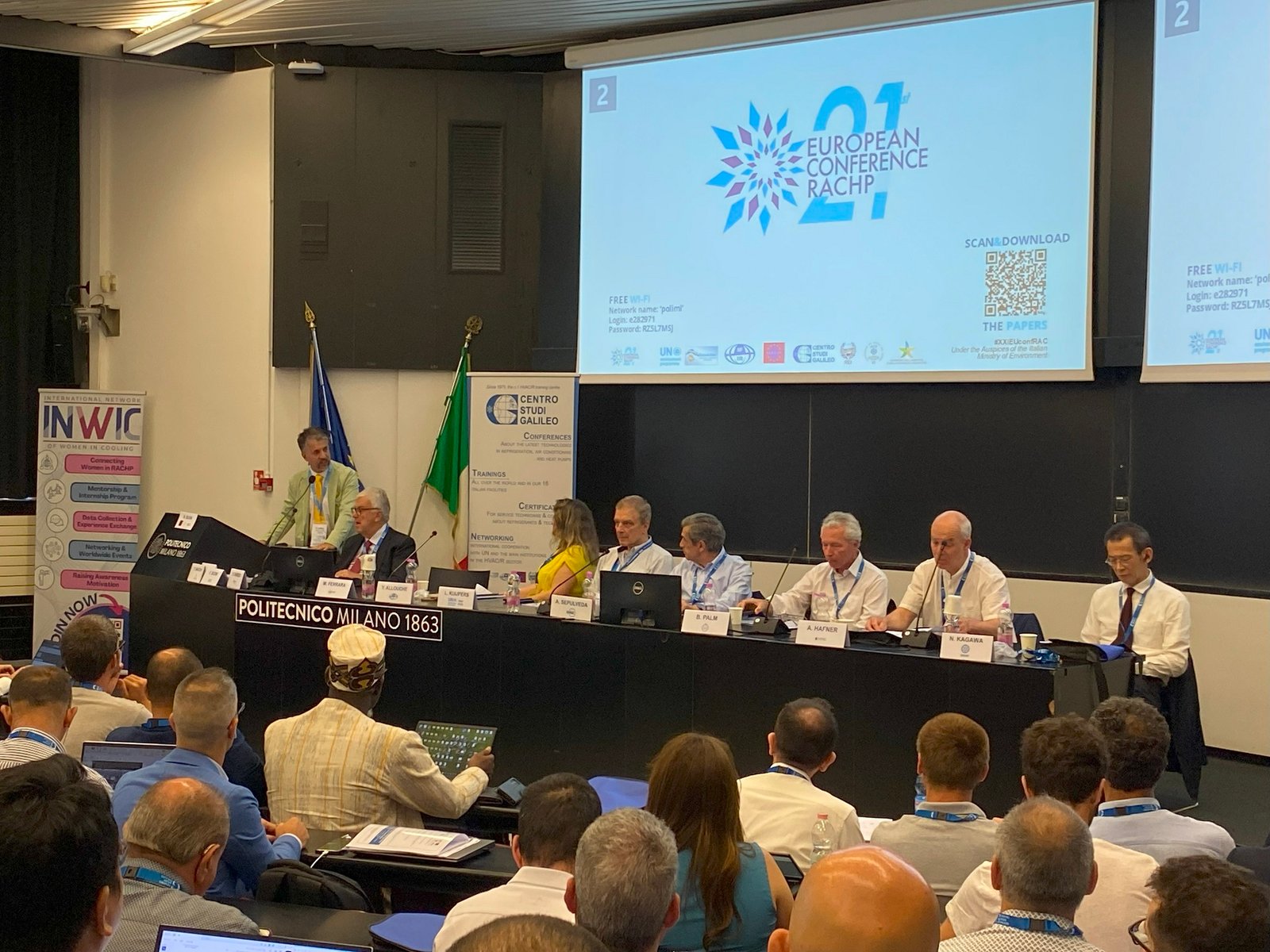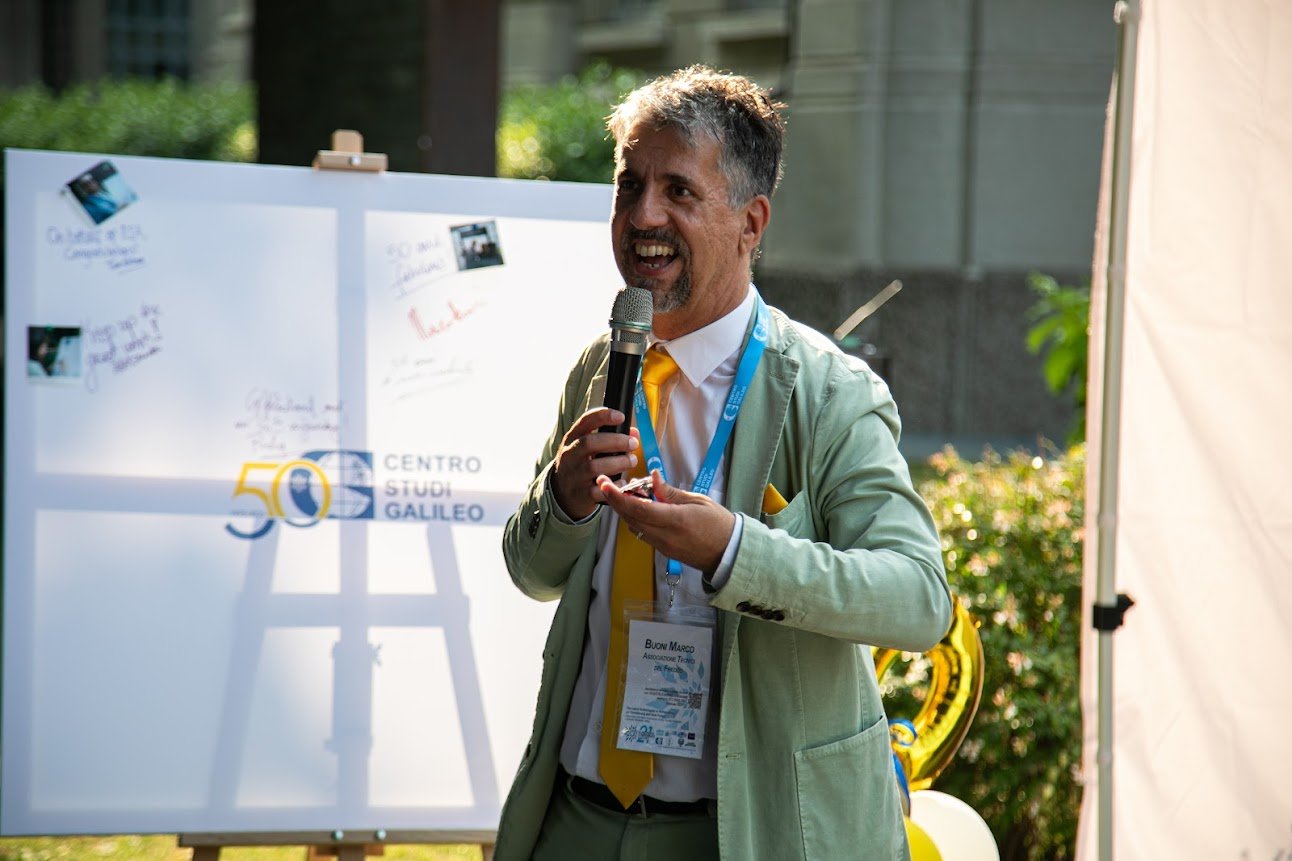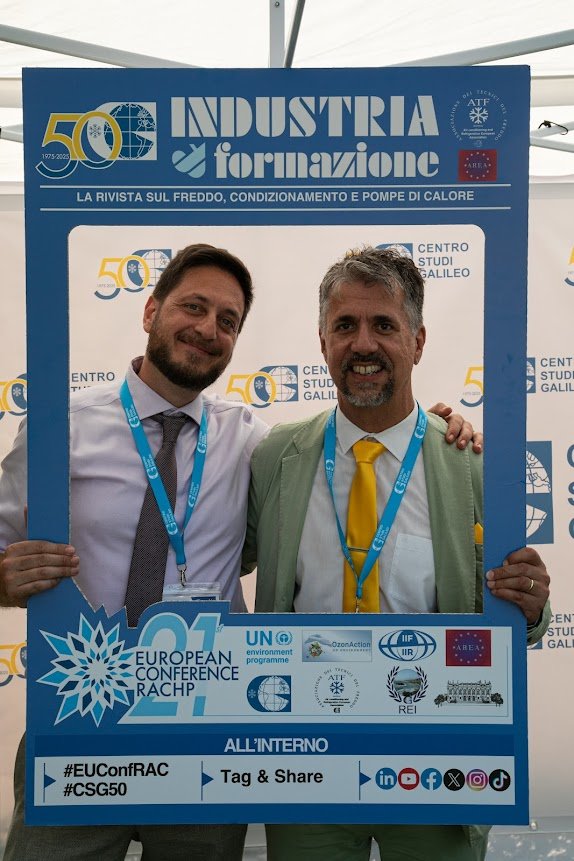The refrigeration and air conditioning industry is undergoing a rapid transformation, driven by climate commitments, new regulations, and technological innovation. At the 21st European Conference on the Latest Technologies in Refrigeration and Air Conditioning, held in Milan by Centro Studi Galileo, industry leaders gathered to explore this pivotal shift. In a conversation with Sergei Mukminov, editor-in-chief of RefIndustry.com, Marco Buoni, Director of Centro Studi Galileo, reflects on the evolution of the sector, the origins of this influential conference, and how their training initiatives are preparing technicians and manufacturers worldwide for a sustainable future.

Ri: Dear Marco, thank you for your invitation to the conference. It's my pleasure to be here. Could you tell me how this conference started? Where did the event first take place, and how was the idea to launch it conceived?
Marco Buoni: Yes, this conference is now 40 years old. It was started in 1987. It did not begin here at the Politecnico di Milano, where we are today, but at the Politecnico di Torino, very close by. The idea originated because an important Italian manufacturing sector was growing. After the Second World War, there was a strong need for cooling and refrigerating meat, especially in the northwest part of Italy. Many factories began building refrigerators and cooling machines, and they asked us to organize conferences, training sessions, and opportunities for connection.
We consider our conference the top level of our training program. We aim to include all topics—every kind of subject and the latest developments in technology, refrigeration, air conditioning, and heat pumps—because our sector evolves rapidly. It has been growing for the past 40 years. We are fortunate to be in a dynamic industry that is becoming increasingly important. We need more cooling, more refrigeration, more air conditioning—and now also heating. We no longer use boilers; we use heat pumps.
There is a lot of work ahead. These conferences grow naturally because there is a need for new experts and technicians. We need new people, and the conference is the best way to connect, get to know each other, and grow together. No company can stand alone. We must grow collectively for the good of our sector.

Ri: Very interesting, thank you. What’s new this year? How does this edition differ from previous ones?
Marco Buoni: Every two years we hold this conference, and each edition brings something new: new technologies, new regulations, new standards, new people, new manufacturing. This edition differs from the previous one, held two years ago, because of a new F-gas regulation. The new F-gas regulation has done a tremendous job in reducing the use of HFCs in Europe, setting an example globally. Everyone is looking at Europe as a leader in phasing down substances that harm the climate.
We have this new regulation, 573/2024, and at this conference, we are focusing on how everything—components, refrigerants, standards, people—is transitioning to the new world of natural or low-GWP refrigerants. This requires a completely different mindset. Technicians and small to medium enterprises are the most affected. They need more time and a better, longer transition with proper training and certification.

Ri: This year, Centro Studi Galileo celebrates its 50th anniversary. I learned your father founded the organization. It was a pleasure to hear his welcome speech. Could you tell me how it all began and what motivated him?
Marco Buoni: Yes. We started this journey in 1975. My father was in Casale Monferrato, known as the capital of refrigeration. At that time, there were about 20 to 30 cold storage factories keeping Italian products fresh. Since 1975, food has needed to be fresh and properly refrigerated—for both taste and health.
Manufacturers asked my father to start a training center, a conference, and a hub—independent from any single manufacturer—so everyone could meet and share ideas. He founded Centro Galileo in Casale Monferrato, located between Torino, Milano, and Genova, which was then Italy’s main economic area.
Ri: Great story, thank you. What is the main role of the center today, and what are the next steps for the future?
Marco Buoni: Today we operate from Italy with a European conference, but the next step is global. This means participating in UN events to demonstrate what every country should do. We’ve launched training centers in Dubai and Tunisia, and we’ve established cooperation in the U.S.
These centers aim to replicate what we’re doing in Europe: developing better technicians, better products, and a stronger industry with new refrigerants, applications, and technologies.
We’re doing this together—in the U.S., Dubai, Tunisia—for Africa and the Middle East, where refrigeration and air conditioning are even more essential than in Europe. Europe, however, has the lead to show how to do it properly and sustainably thanks to the latest regulations, standards and the dynamism of its industry.
Ri: Impressive development. Thank you very much for your interview!
Read more about the conference "Innovations, Regulations, and Market Trends: A Summary of the XXI European Conference on Refrigeration and Air Conditioning Technologies".


